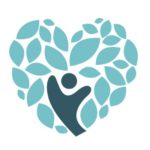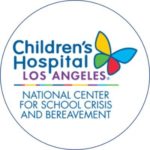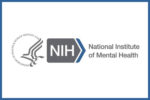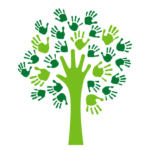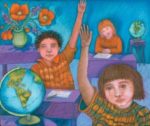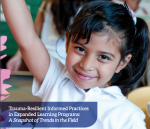Mental Health
This resource highlights seven key challenges to providing school- or program-based mental health support across early childhood, K–12 schools, and higher education settings, and presents seven corresponding recommendations.
This tip sheet targets Victim Service Providers (VSPs), Mental Health professionals (MHPs), emergency management planners, and others who serve victims impacted by an MVI. It contains information to prepare communities to address the mental health needs of victims and family members, as well as improve trauma- and grief related symptoms in the immediate aftermath and throughout the recovery process.
These guidelines are designed to help school administrators, teachers, and crisis team members respond to the needs of students and staff after a loss has impacted the school environment, such as after the death of a student or staff member or when deaths occur that affect many people in the community.
High profile acts of violence, particularly in schools, can confuse and frighten children who may feel in danger or worry that their friends or loved-ones are at risk. They will look to adults for information and guidance on how to react. Parents and school personnel can help children feel safe by establishing a sense of normalcy and security and talking with them about their fears.
Mental health is an important part of overall health for children and adolescents. Many adults with mental disorders had symptoms that were not recognized or addressed in childhood or adolescence. Help raise awareness about the importance of children’s mental health and early diagnosis and treatment by sharing information and materials based on the latest research in your school, classroom, or after-school program.
In getting the bipartisan Brady Law passed in 1993, Jim and Sarah Brady accomplished the inconceivable. But there’s more work to be done — and only when we work together will we solve this problem. In order to do that work, we must accept these three truths about America’s gun violence epidemic: 1) Gun ownership demands responsibility; 2) Those empowered to do so must uphold existing gun laws; and 3) Gun violence is a uniquely American problem that impacts all races and ethnicities in the country, but nonetheless exacts a particular toll on Black and Brown communities.
Sandy Hook Promise is a national nonprofit organization founded and led by several family members whose loved ones were killed at Sandy Hook Elementary School on December 14, 2012. Based in Newtown, Connecticut, our intent is to honor all victims of gun violence by turning our tragedy into a moment of transformation. By empowering youth to “know the signs” and uniting all people who value the protection of children, we can take meaningful actions in schools, homes, and communities to prevent gun violence and stop the tragic loss of life.
Giffords is a leader in the movement to end gun violence in America. Led by former Congresswoman Gabrielle Giffords, our team brings decades of political, legal, and policy expertise to the fight for gun safety. Our efforts shift culture, mobilize voters, and challenge injustice.
Nearly 40,000 people die from gun violence in the US every year. This uniquely American crisis leaves no community untouched—but it doesn’t have to be this way. From universal background checks to community-based violence intervention strategies, we know that there are proven solutions that will make our country safer. In statehouses and courthouses across America, we’re taking on the gun lobby and winning. Since the tragedy at Sandy Hook in December 2012, we’ve helped pass more than 350 gun safety laws in 45 states.
Gun violence is a complex problem, and ending this epidemic will require a wide range of solutions. We’re committed to seeing this fight through, until the promise of a safe and just country is a reality for every person and community in America.
Helping Traumatized Children Learn is the result of an extraordinary collaboration among educators, parents, mental health professionals, community groups, and attorneys determined to help children experiencing the traumatic effects of exposure to family violence succeed in school.
This page lists the phone numbers of all the organizations you can call for support during the COVID-19 pandemic. There are hotlines for youth and teens, veterans, first responders and law enforcement, older Californians, deaf and hard of hearing individuals, services for substance use disorders, LGBTQ individuals, suicide hotlines, and more.
Widespread stress and anxiety regarding COVID-19, compounded by the economic distress due to lost wages, employment and financial assets; mass school closures; and necessary physical distancing measures can result in an increase of stress-related health conditions. The California Surgeon General has a simple guide with things you can do every day, at home, to help support your mental and physical health, utilizing six key strategies.
Trauma-Resilient Informed Practices in Expanded Learning Programs: A Snapshot of Trends in the Field
The mission of the Region 11 Expanded Learning Technical Assistance Unit is to build and strengthen the Expanded Learning Programs’ (ELPs’) capacity to develop, implement, and sustain high-quality year-round programming (before school, after school, intersession, and summer).
About LA’s BEST Afterschool Enrichment Program
LA’s BEST Afterschool Enrichment Program plays a vital role in the lives of more than 25,000 unique and talented elementary school students who come from neighborhoods with the fewest resources and the greatest needs. LA’s BEST engages children creatively, emotionally, intellectually, and physically, empowering them to explore and discover the opportunities in their lives. We inspire and prepare children to create lives full of choices

